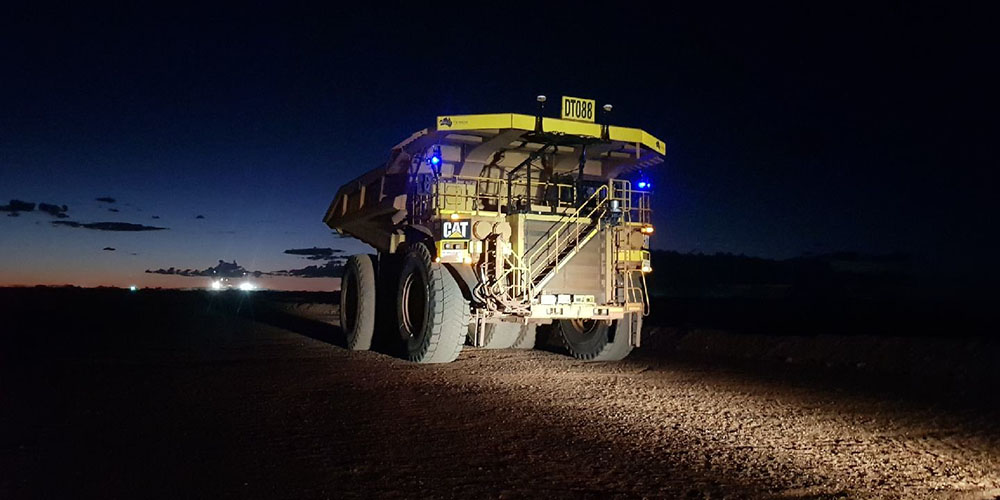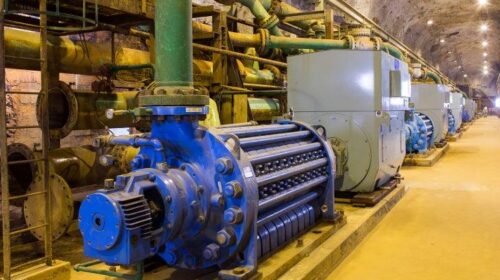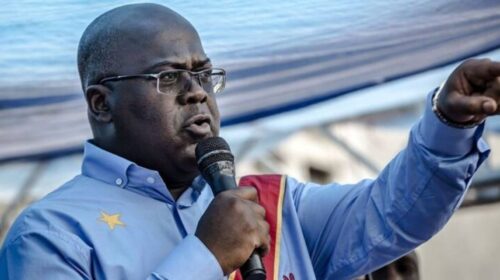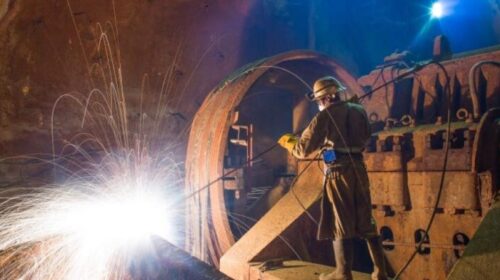DRC government intends to stop subsidizing large mining companies in particular following the crisis affecting the oil sector
To contain the crisis that has shaken the oil sector since the start of the Russo-Ukrainian conflict, the government plans to stop subsidizing mining companies in particular. Finance Minister Nicolas Kazadi had expressed to elected officials his fears about the increase in the debt due to oil companies in terms of loss of earnings as part of their work exercise. This subsidy may increase to more than 400 million USD for the current year in order to keep the price of petroleum products stable, while the budget available for these subsidies is estimated at only 80 million USD.
Discussions are underway at government level to reduce subsidies.
“The three main oil operators, Cobil, Engen and Total alone represent more than 75% of the oil market, maybe 80% and they tell us that for Engen and Total 50% of their markets are large companies and 50% it is the network, that is to say the citizens. For Cobil, he speaks of 60% for the network and 40% for large companies, that would mean that we can already save on these 50%, 50% and 40%, we can get them out of the problem of loss of earnings because companies can pay more than the subsidized price. It’s not normal that we subsidize mining companies, for example, because when we pay indefinitely that means we subsidize everyone, it’s not justified. The grant is there for the objective of protecting certain weaker categories. So with this margin we are going to see if we apply this measure what capacity will we have left to subsidize the rest and it is that we are going to see what price level we can apply but our objective is for it to be as low as possible”, explained Nicolas Kazadi, Minister of Finance during a press briefing on Wednesday April 6, 2022.
The government will rely this Friday in the Council of Ministers, on proposals for a slight increase in the price of fuel at the pump.
In the coming days, Kinshasa should know the new fuel price. Which, logically, will impact on social life, in particular on the price of public transport in the capital.
“There will certainly be an impact, we can’t refuse it, nor escape it, but when we increase the price at the pump, the impact is immediate because the first point is transport. Transportation takes 20.30% of the average person’s income. So to avoid this too strong impact we want to protect the price at the pump on the other hand for the companies, for the miners it will have practically no impact, for the other companies it will have a small impact because they will put that in their cost and will perhaps try to pass it on, but it will be much more indirect, much lower. This is the strategy we have that we want to implement in the coming days,” said the Minister of Finance.
The price of gasoline at the pump is 2095 FC. According to information collected by ACTUALITE.CD from various stakeholders in the oil sector, the real price at the pump should be 3500 FC instead of 2095 FC if we want to mitigate the crisis.
Generally, prices at the pump are negotiated by tankers and the government taking into account various parameters. The state, aware of purchasing power and social tension, is always in favor of a very careful management of the issue. Thus, it undertakes to pay the oil companies what is considered as loss of earnings in the fixing of the “social price”.
![]()





